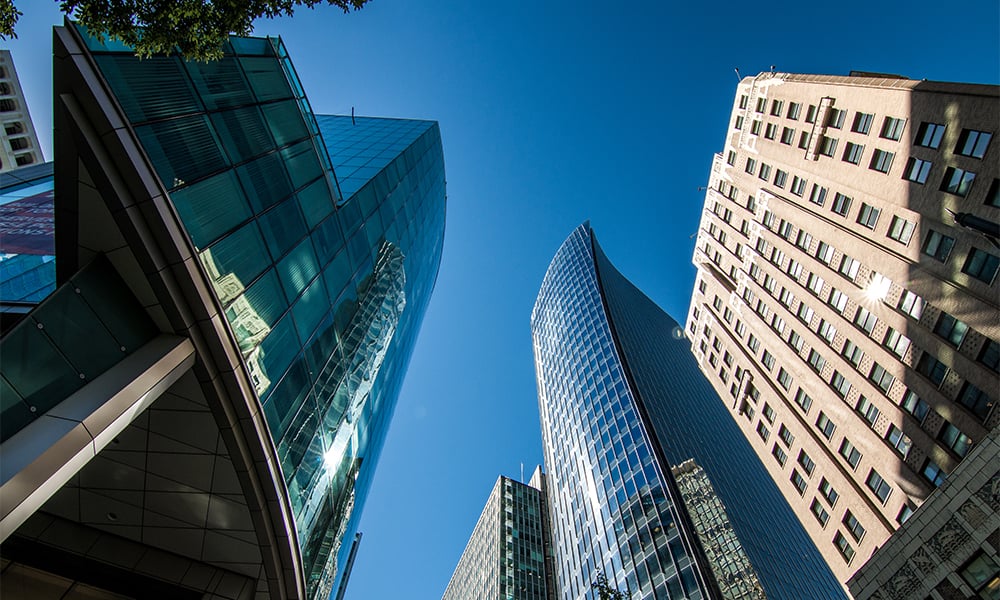'There is a strong focus on the quality and location of the physical space as a key element to attract and retain talent and expression of a corporate's culture'

Real estate professionals overwhelmingly expect increased remote work beyond the immediate short-term impact of the COVID-19 pandemic, according to a report.
They see more home working (96 per cent), more remote working away from the home (72 per cent) and greater use of satellite offices at the edge of cities (67 per cent) in the future.
Nearly half (45 per cent) of working Canadians say they would prefer to work remotely at least three times a week, according to an ADP Canada survey released in September.
The resulting ecosystem of workplaces will accelerate a blending of uses between residential, hospitality and office spaces, and a shift in language from “office” to “workspace,” according to the report by EY and the Urban Land Institute (ULI).
This, however, does not mean organizations will do away with physical workspaces, finds the survey of 555 real estate professionals, including investors, developers, architects, planners and other service providers.
Respondents continue to see a key role for physical office space in creating a corporate culture (96 per cent) and recruiting and retaining employees (93 per cent).
“There is a strong focus on the quality and location of the physical space as a key element to attract and retain talent and expression of a corporate’s culture. This is also closely connected to an increasing focus on environmental, social and governance both by citizens and corporates,” says Lisette van Doorn, CEO of ULI Europe.
Almost half (43 per cent) of workers believe that COVID-19 marks the end of the regular nine-to-five office work schedule, according to a report from ManpowerGroup.
“Flexibility is the consistent demand we are hearing. Employees expect it from their employers and corporates from their landlords. Especially over the shorter term this focus is accompanied with a drive by corporates to save costs, as many try to cope with the negative economic impacts deriving from the pandemic,” says Doorn.
The growth of flexible workplaces outside of major city centres and business districts is eliminating lengthy and environmentally damaging commutes, making it a new and unlikely weapon in the fight against climate change, according to a report from earlier in 2020.




